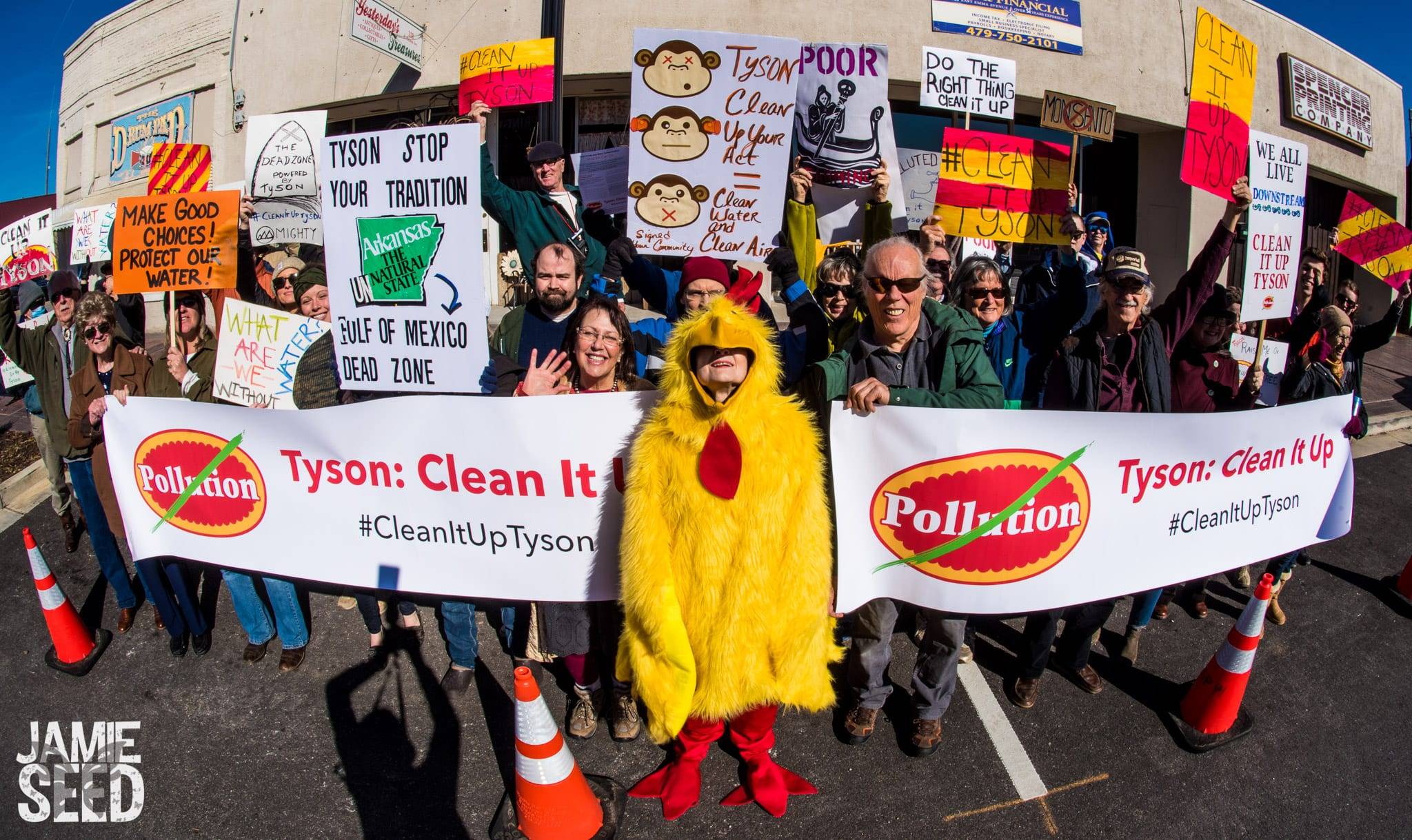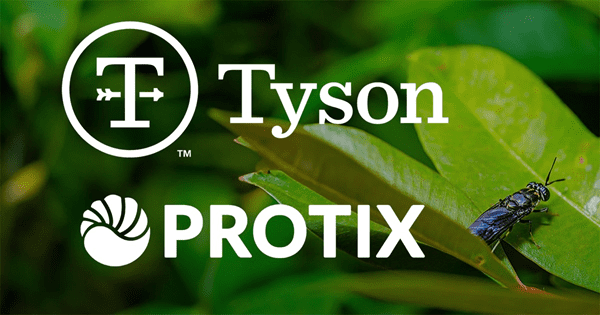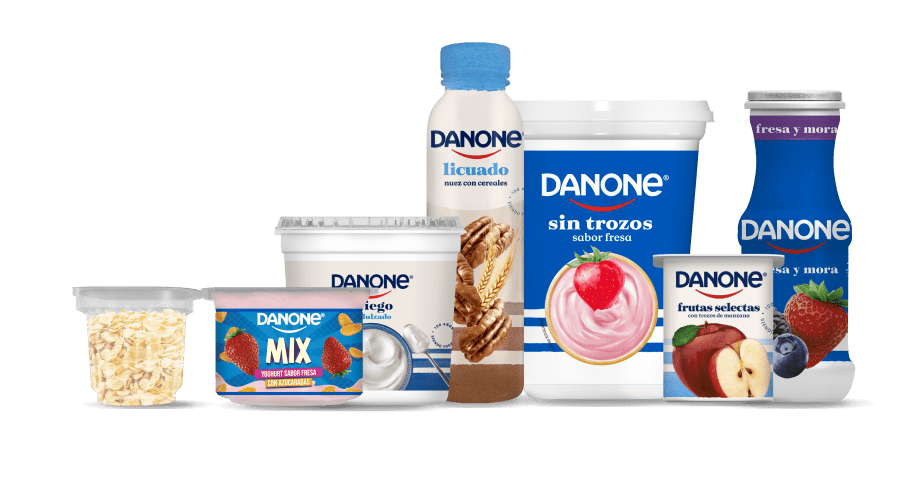Tyson Foods and Cargill Clash in Landmark Legal Battle: Environmental Impact at Stake
Discover the intense legal showdown as poultry industry leaders, Tyson Foods and Cargill Inc., fight a pollution case that’s spanned decades. Will justice be served in this environmental battle? Explore the latest developments now.
Poultry Industry Giants Battle in Court Over Decades-Long Pollution Dispute: Will Environmental Justice Prevail?
A consortium of major poultry producers, including industry leaders Tyson Foods and Cargill Inc., has made a compelling appeal to a federal judge, urging him to dismiss his earlier ruling regarding their alleged contribution to pollution in an important Oklahoma watershed. In a motion filed recently, these industry giants asserted that the evidence presented in the case has become obsolete, with more than 13 years having passed since its inception.
In their filing with U.S. District Judge Gregory Frizzell in Tulsa, the companies contended that the case had now become “constitutionally moot” since the court could no longer provide any effective relief. This legal maneuver aims to challenge the validity of the previous ruling against them, emphasizing that the circumstances surrounding the case have evolved significantly.
The poultry producers highlighted the ongoing improvements in pollution levels as reported by Oklahoma conservation officials. They attributed this reduction to factors such as enhanced wastewater treatment plants, state regulations mandating poultry-litter management plans, and the decrease in poultry farms due to urban expansion in northwest Arkansas.
While the motion seeks to sway the court’s decision, it’s important to note that the Oklahoma Attorney General’s office has not issued an immediate response or comment regarding this development.
The original lawsuit, filed by the state of Oklahoma in 2005, accused the poultry companies of contaminating the Illinois River Watershed by disposing of chicken litter, which subsequently seeped into the river. The case endured a lengthy legal battle, concluding in 2013 without a ruling. In January, Judge Frizzell issued his decision without providing an explanation for the protracted delay.
The motion filed by the poultry companies raised questions about the validity of the court’s findings, noting that much of the evidence and records used to reach the decision were dated from the 1990s and early 2000s. This raises concerns about the relevance and accuracy of the information used to establish their liability for the pollution.
Furthermore, Judge Frizzell had previously instructed the poultry companies and the state to reach an agreement on how to remediate the pollution’s effects. However, both sides reported that mediation had proven unsuccessful, deepening the legal quagmire.
The lawsuit involves several other defendants alongside Tyson Foods and Cargill Inc., including Cal-Maine Foods Inc., Tyson Poultry Inc., Tyson Chicken Inc., Cobb-Vantress Inc., Cargill Turkey Production L.L.C., George’s Inc., George’s Farms Inc., Peterson Farms Inc., and Simmons Foods Inc. As the case continues to evolve, the outcome will have significant implications for the poultry industry and environmental conservation in the region.



